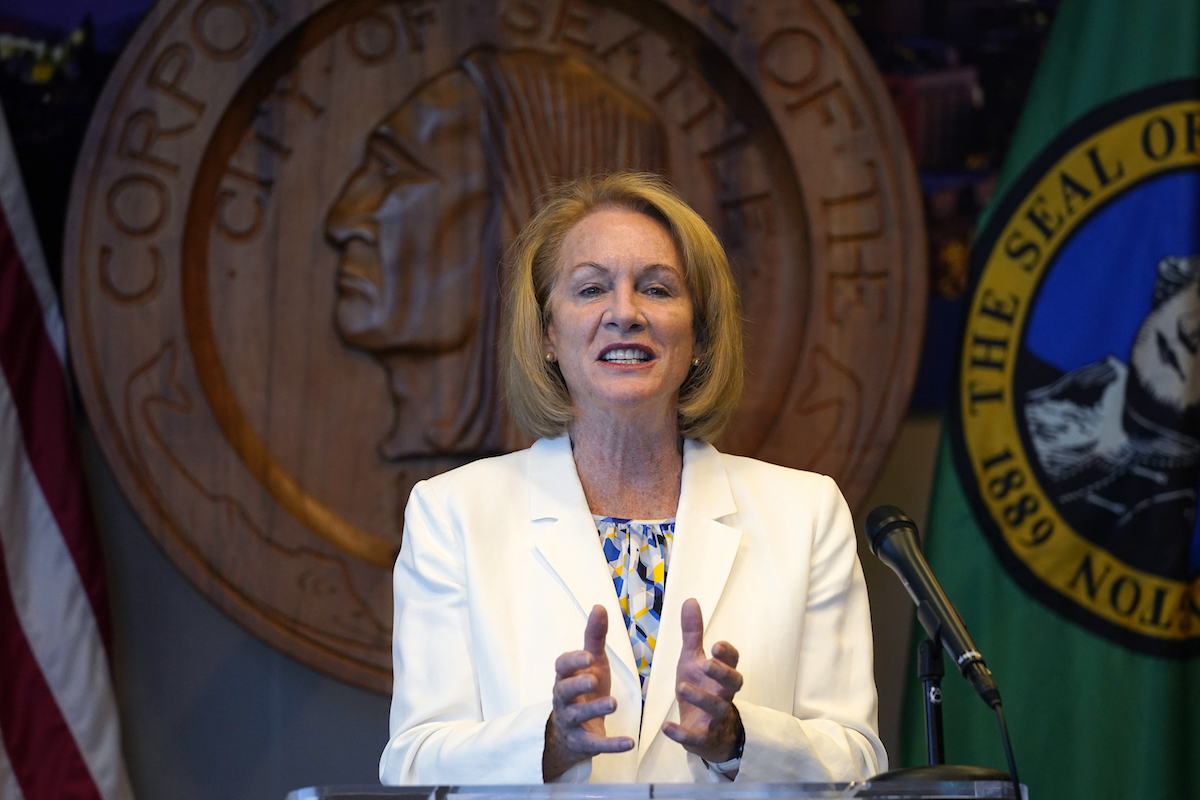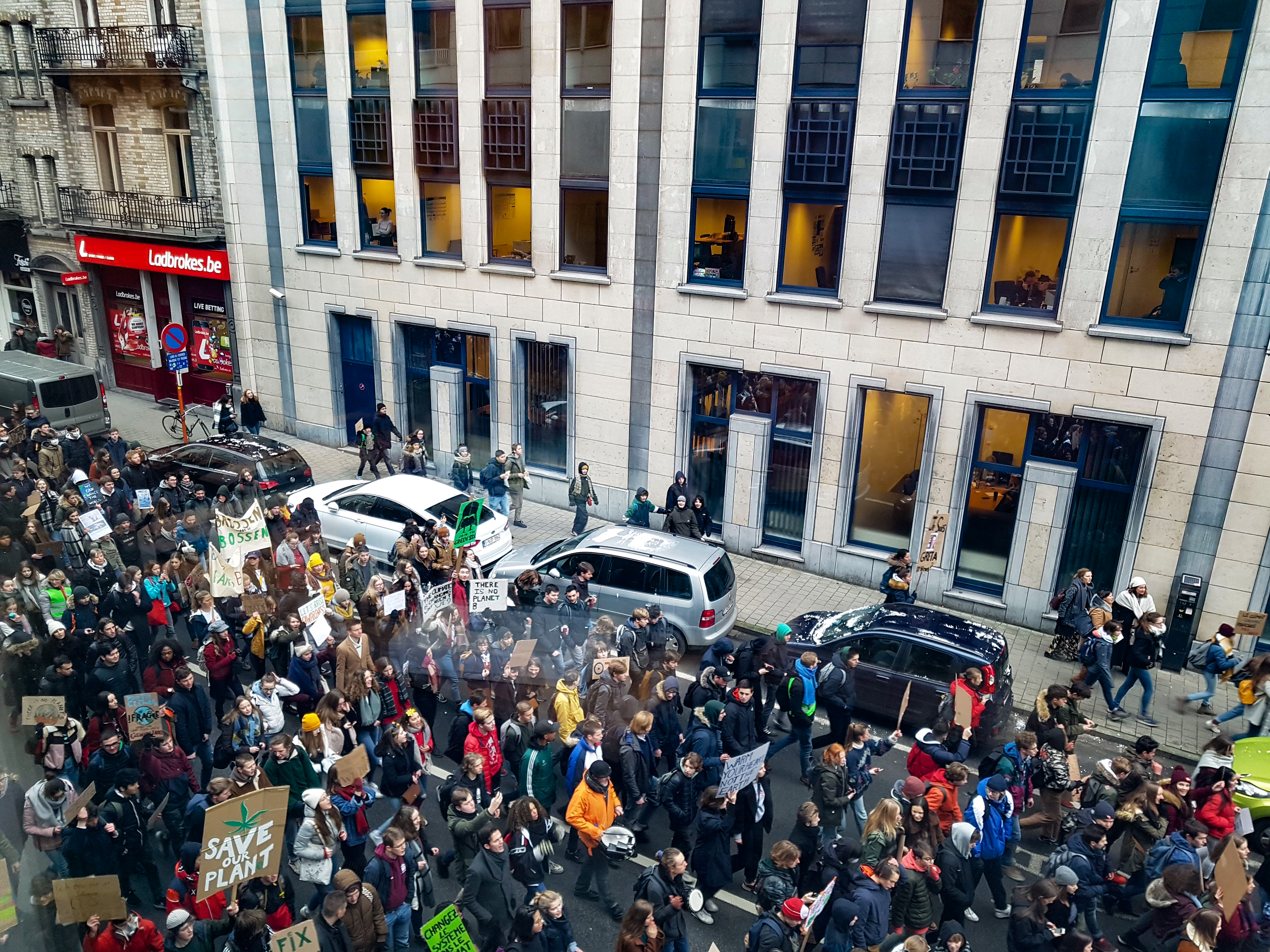Legislators in nearly a dozen states recently proposed bills that forbid local governments from adopting California-style limitations on gas usage in new buildings. The legislative push continues a trend from 2020, when nine states introduced similar legislation and four states passed the prohibitions into law.
Nationwide, states have been struggling with the side-effects of heat-trapping emissions and climate change. From wildfires and droughts, to hurricanes and historic cold snaps, the lack of political will to pass substantive climate legislation has been ubiquitous in state legislatures.
“As you’re really looking at what’s going to come out of the Biden administration, they’re really talking about remaking the entire economy through a green lens, and that means eliminating natural gas,” said Sue Forrester, the vice president of advocacy and outreach for the American Gas Association (AGA), according to an NPR report.
In Feb. 2020, the Arizona state legislature inhibited the city of Flagstaff’s plan for its buildings. The city’s intent was to reduce reliance on fossil fuel-based infrastructure while “promoting aggressive building electrification” in the process, according to the Flagstaff Climate Action and Adaptation Plan. With the backing of the state’s main gas utility, the legislature instituted a measure which prevents municipalities and counties from banning new gas infrastructure. The Arizona state law was essentially a test case for an approach that the natural gas industry is utilizing nationwide.
Gas utility companies, with assistance from industry trade factions, have effectively lobbied politicians over the past year to establish comparable “preemption” policy in 12 primarily Republican-maintained state legislatures, according to a report from the Natural Resources Defense Council (NRDC). Arizona is not alone in such climate action.
The move to curb or protect gas usage in new construction projects have taken similar shape in other states such as Washington and Massachusetts. Seattle Mayor Jenny Durkan recommended an amendment to the city’s energy code that would forbid fossil fuel combustion for space and water heating in new commercial buildings or multi-family residences.
“It is up to Seattle and other cities to make the bold changes necessary to lower our greenhouse gas emissions,” said Durkan in a Jan. 13 press release. “Business as usual will not get us to a future where all Seattle residents, especially our Black, Indigenous and people of color neighbors who are unfairly burdened by environmental inequities, enjoy a healthy and prosperous future.”
This was the third attempt in Seattle to hamper gas use in new buildings since 2019. Washington Governor Jay Inslee put forward comprehensive legislation that could phase out natural gas use in buildings through 2050. According to a report from the National Law Review, “Fossil-based natural gas may be headed for a reckoning, at least in Washington State.”
In Massachusetts, over a dozen municipalities have initiated a statewide campaign pursuing authorization to curtail gas usage in new buildings after the state attorney general’s office struck down the state’s first gas ban.
On Jan. 4, Massachusetts’ state legislature passed a climate protocol that included a prospective method for awarding said authority. Governor Charles Baker vetoed this bill, stating he would work with the chamber on climate policy in the next session. For instance, the Baker administration’s climate roadmap emphasized transitioning to electric space heating.
The gas industry sees an existential threat in the endeavors of cities, states, businesses—and now the Biden administration—to dramatically lessen fossil fuel use. Although natural gas produces half as much carbon dioxide (CO2) when combusted than coal does, climate scientists have made it clear that one of the largest contributors to climate change is natural gas itself. Expansion of natural gas utilization could hinder efforts to stabilize warming effects.
However, contrary to scientific opinion, the U.S. energy industry intends to invest billions of dollars into constructing terminals and pipelines over the next few years in order to increase the export of more natural gas in a product form known as LNG (liquified natural gas). The energy industry claims that despite these worries, natural gas is a safer alternative to other fossil fuels.
In the U.S., natural gas from the country’s fracking industry has helped drive a dramatic reduction in the usage of coal to generate electricity. Overall, U.S. CO2 emissions have fallen 15% from their 2007 peak, according to the U.S. Energy Information Administration. However, natural gas is a fossil fuel, and still inhibits the earth’s ability to heal from burning energy sources obtained from under the earth’s surface. Scientists say that CO2 emissions must be reduced to net zero by 2050, which leaves far less room for usage of fossil fuels of any kind.
Global CO2 emissions need to fall by about 7.6% a year between now and 2030 to meet the 1.5 degrees Celsius target posited by the Paris Climate Agreement, according to the U.N. Environment Program. In 2019, U.S. emissions fell by about 2.9%, according to the Paris-based International Energy Agency.
However, emissions from the natural gas business in the U.S. are growing so speedily that the sector “is quickly becoming one of the biggest, if not the biggest, challenges to address climate change,” according to Pep Canadell, senior research scientist at CSIRO Climate Science Centre in Canberra, Australia.






